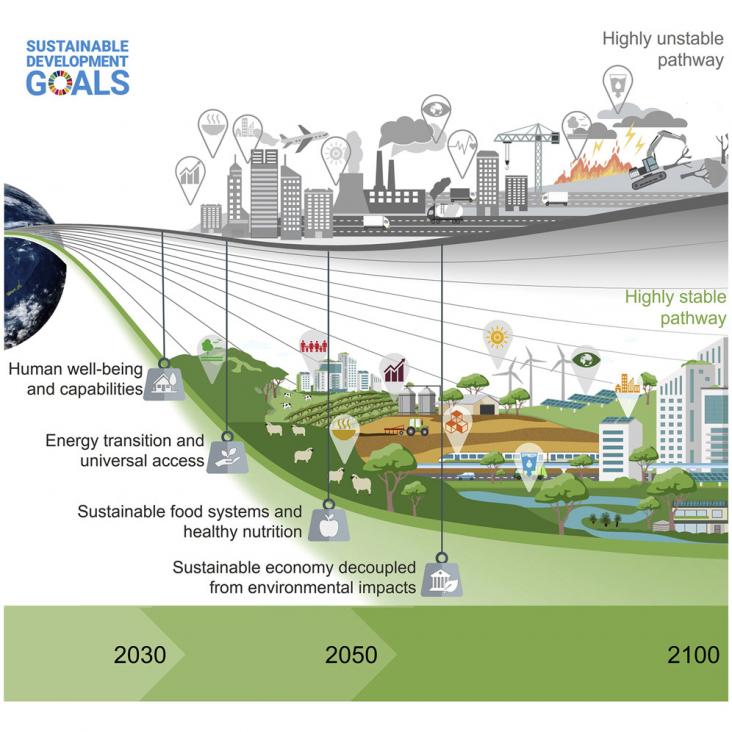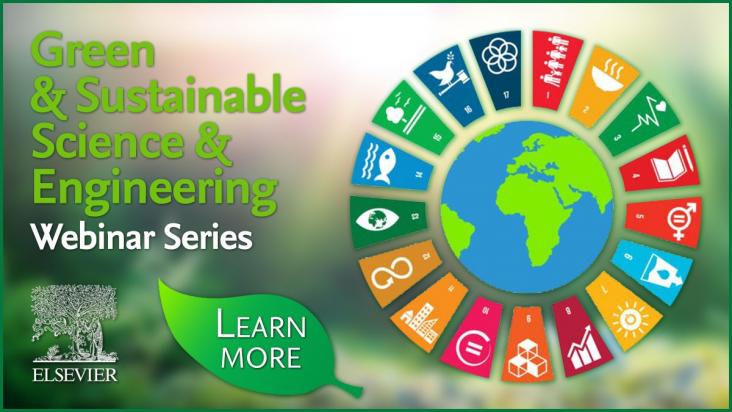Climate vulnerability modelling of Welsh (UK) housing stock. Propensity for summertime overheating and moisture build up in a majority of Welsh housing. Cooling and ventilation strategies will be required to mitigate future discomfort, whilst ensuring occupant health and wellbeing.
Concerns over the impact of global meat production and consumption patterns are leading to increasing interest in alternative sources of protein.

Indicate the importance of adopting longer-term timeframes and pathways to ensure that the necessary pre-conditions are in place for sustainability (including climate action) beyond the current 2030 Agenda.
Calculated emissions reductions possible through ecosystem restoration and shows they are insufficient to rely upon.
Climate action seems to be more popular among those who vote.
Circular economy has provided the possibilities for recycling and sustainable management of plastic wastes.

This webinar series is supported by Elsevier journals to help advance science & engineering for a sustainable future for human and ecological health through global interactions. The focus of each webinar will support at least one of the 17 UN Sustainable Development Goals. See https://sdgresources.relx.com
This specific webinar will focus on "Recent Progress on Urban Heat Mitigation Technologies" presented by Prof. Mat Santamouris, Distinguished Professor, Arts Design and Architecture, UNSW Sydney.
Sign up for free here: https://cassyni.com/s/gsse
Limiting food waste for more sustainable consumption.

By studying species' responses to extreme climate events, a conceptual framework for predicting ecological recovery in terrestrial ecosystems is proposed.
This Article supports SDGs 3 and 13 by assessing sea level data for groups of coral. The presence of a shallow-water reef established up or down-slope is indicative of a rapid change in sea level.
